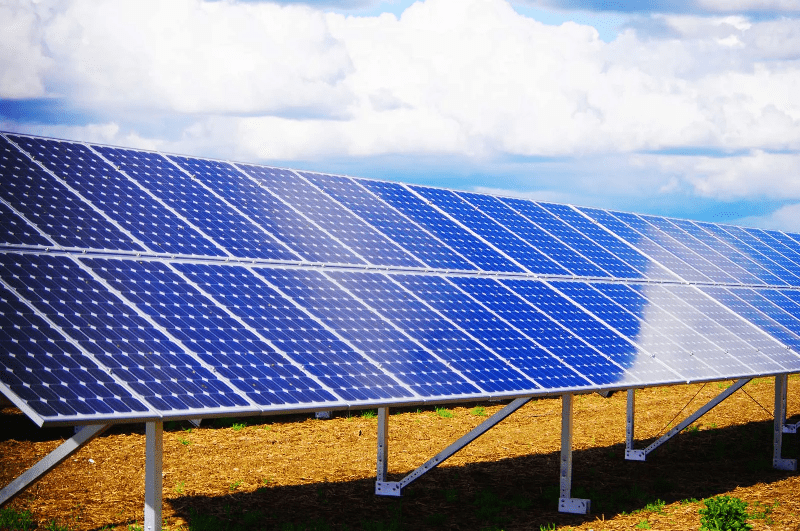In Short : The cutting-edge system, which makes more effective use of solar power by combining space and ground-based observations, is an essential tool for a carbon-free society.
In Detail : SKY Perfect JSAT aims to expand its solar radiation forecasting business internationally, particularly in Europe, where the solar energy market is growing steadily.
In April 2023, the company launched Solar Meilleur, which can provide both near and long-term forecasts of solar radiation by using satellite images, as well as artificial intelligence (AI) and Internet of Thing (IoT) technologies.
Solar Meilleur, known in Japan as ‘Sora Mieeru’, or ‘I can see the Sky’, enables solar panel owners to know ahead of time how much solar power will be generated.
After signing contracts with several domestic clients, the company is now looking to the global market as there are no borders in the weather business.
“The challenge of solar power is variability due to fluctuating cloud and sunlight conditions. This challenge is the same everywhere,” said Hiroki Obuchi, Leader of the Green Innovation Solar Meilleur project.
“I think there is room for us to contribute to this issue of solar power generation since the logic is the same all over the world,” Obuchi said in an interview at its headquarters in Tokyo in late October.
In particular, SKY Perfect JSAT is targeting Europe, where short-term electric power trade is very active.
“I believe our short-term forecasting is more accurate than other products,” Obuchi said.
“In Europe, there is a trade in electricity for short periods of time, and that is where our product will be a good fit,” he said, adding that the company is expected to tap into the European market as early as 2024.
The system predicts how much solar radiation will arrive from the sun by combining cloud images from weather satellites along with visual and other data from a ground device, called ‘Solar TAMAGO’, or solar eggs.
The IoT device, shaped like two stacked eggs, features a whole-sky camera, weather sensors for temperature, humidity and pressure, and LTE communication.
The device is placed at solar power plants to collect real-time data on weather conditions at pinpoint locations on the ground.
The system analyses the data to provide precise actual sunlight duration, while using AI to continually improve prediction accuracy.
By using the system, solar panel owners can sell electricity timely and efficiently, while power companies can adjust the balance between solar and thermal power generation to reduce surplus power.
The system’s forecasting period ranges from five minutes to three days, and the company is aiming to achieve an accuracy rate better than 80% for its 30-minute forecasts.
While boosting global sales of Solar Meilleur, the company is also exploring new business opportunities for this system.
“Since it is all about solar radiation, the system can be used in areas such as agriulture, primary industries and weather observation,” Obuchi said.
The project is part of the company’s effort to further diversify its businesses. SKY Perfect JSAT owns a fleet of 17 geostationary satellites in support of multi-channel pay TV in Japan and communications services in Asia-Pacific to North American regions.
“In considering new business opportunities separate from the satellite communications and broadcasting businesses, we are trying to create new value using satellite imagery,” said Obuchi.
The SKY Perfect JSAT Group leverages its strengths from the hybrid of space and media businesses. Its space business offers a wide range of satellite communication and solution services covering the land, sea and beyond. The firm is also providing new space-related services such as geospatial information by collecting and analysing imagery data from earth observation satellites.

